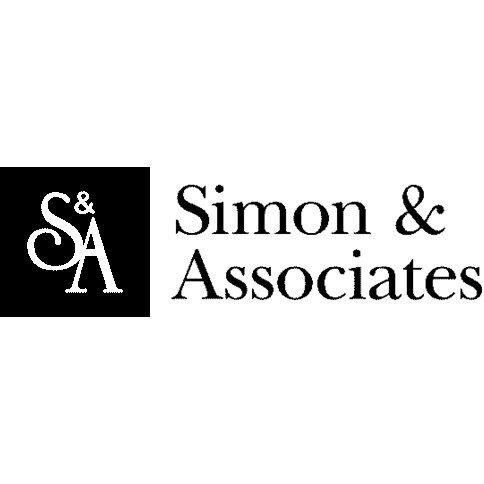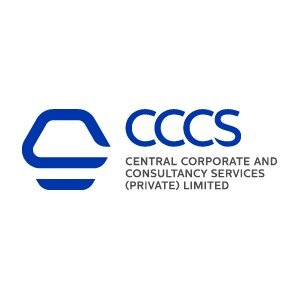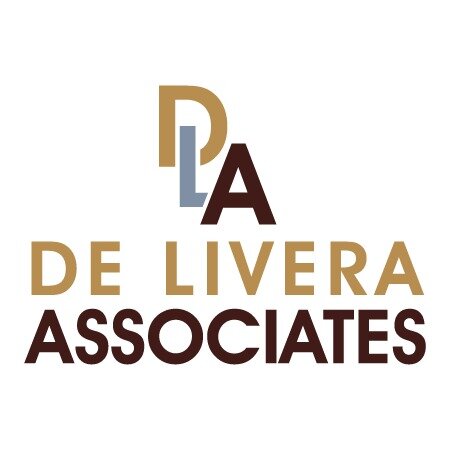Best Financial Services Regulation Lawyers in Colombo
Share your needs with us, get contacted by law firms.
Free. Takes 2 min.
List of the best lawyers in Colombo, Sri Lanka
About Financial Services Regulation Law in Colombo, Sri Lanka
Financial Services Regulation in Colombo, Sri Lanka, plays a critical role in ensuring the stability and integrity of the financial sector. It involves the oversight of financial institutions, including banks, insurance companies, and securities firms, to ensure they adhere to established laws and guidelines. Regulatory bodies work to protect consumers, maintain market confidence, and reduce the risk of financial crises. The key regulatory authority in Sri Lanka is the Central Bank of Sri Lanka, which enforces rules to safeguard the economy and ensure the soundness of the financial system.
Why You May Need a Lawyer
Engaging a lawyer in the field of Financial Services Regulation can be crucial in a variety of situations. Common scenarios include navigating the complexity of compliance issues, addressing allegations of financial misconduct, or handling disputes with regulatory bodies. Additionally, if you are establishing a new financial product or service, a lawyer can provide invaluable guidance on regulatory requirements, helping to avoid costly legal pitfalls. Legal assistance is also beneficial when encountering changes in financial regulations that impact your business operations or personal investments.
Local Laws Overview
Sri Lanka's financial regulations are designed to help avoid market abuse, protect investors, and maintain the overall health of the financial system. Some key aspects include:
- Regulation of Banking Services: Managed by the Central Bank of Sri Lanka, which provides guidelines for prudential supervision to ensure financial stability.
- Securities Regulation: Governed by the Securities and Exchange Commission of Sri Lanka, which monitors market conduct to protect investors from fraudulent practices.
- Anti-Money Laundering Laws: Financial institutions must comply with laws to detect and report suspicious activities, aiming to prevent money laundering and financing of terrorism.
- Insurance Regulatory Framework: Overseen by the Insurance Regulatory Commission of Sri Lanka to ensure that the insurance industry operates with transparency and efficiency.
Frequently Asked Questions
What is the role of the Central Bank of Sri Lanka in financial regulation?
The Central Bank of Sri Lanka is the primary regulatory authority overseeing the financial sector. It is responsible for formulating monetary policy, supervising banks and financial institutions, and ensuring the stability of the financial system.
How does Sri Lanka regulate securities markets?
The Securities and Exchange Commission of Sri Lanka (SEC) is responsible for regulating the securities markets. It ensures a fair, transparent, and efficient market while protecting investor interests.
What are the penalties for violating financial regulations in Sri Lanka?
Penalties for violations can include fines, imprisonment, or both, depending on the severity of the breach. Regulatory authorities also have the power to revoke licenses and impose other administrative sanctions.
How can a lawyer assist with compliance issues?
A lawyer can provide expertise in interpreting complex regulatory requirements, advising on compliance strategies, and representing you in dealings with regulatory bodies to minimize legal risks.
What is the process for reporting financial crimes in Sri Lanka?
Financial crimes can be reported to the Financial Intelligence Unit (FIU) of the Central Bank of Sri Lanka, which is responsible for receiving and analyzing reports of suspicious transactions.
Can foreign investors access the Sri Lankan financial market?
Yes, foreign investors can participate in the Sri Lankan financial market, but they must comply with specific regulatory guidelines and obtain necessary approvals where applicable.
What is the importance of anti-money laundering laws?
Anti-money laundering laws are crucial for preventing the illicit flow of funds through the financial system, combating corruption, and protecting the economy from criminal activities.
How often are financial regulations updated in Sri Lanka?
Financial regulations are updated periodically to reflect changes in the economic environment, global standards, and advancements in the financial sector.
What are the rights of consumers in financial services?
Consumers in Sri Lanka have the right to fair treatment, transparency, privacy, and the right to lodge complaints regarding financial services.
Is insurance regulated separately from banking in Sri Lanka?
Yes, insurance services are regulated separately by the Insurance Regulatory Commission of Sri Lanka, which focuses specifically on the insurance industry's standards and practices.
Additional Resources
For further information regarding Financial Services Regulation, the following resources may be helpful:
- Central Bank of Sri Lanka: Provides guidelines and resources on financial regulation.
- Securities and Exchange Commission of Sri Lanka: Offers information on securities laws and investor protection.
- Financial Intelligence Unit of Sri Lanka: Focuses on anti-money laundering and financial crime prevention.
- Insurance Regulatory Commission of Sri Lanka: Regulates the insurance industry and ensures compliance with relevant laws.
Next Steps
If you require legal assistance in Financial Services Regulation, consider consulting with a specialized lawyer who has experience in navigating local financial laws and can offer personalized guidance. Start by researching legal firms in Colombo that specialize in financial services or seeking recommendations from professional networks. Arrange consultations to discuss your situation, gain expert opinions, and decide on the best course of action. Having the right legal support can significantly ease the process of understanding and complying with financial regulations in Sri Lanka.
Lawzana helps you find the best lawyers and law firms in Colombo through a curated and pre-screened list of qualified legal professionals. Our platform offers rankings and detailed profiles of attorneys and law firms, allowing you to compare based on practice areas, including Financial Services Regulation, experience, and client feedback.
Each profile includes a description of the firm's areas of practice, client reviews, team members and partners, year of establishment, spoken languages, office locations, contact information, social media presence, and any published articles or resources. Most firms on our platform speak English and are experienced in both local and international legal matters.
Get a quote from top-rated law firms in Colombo, Sri Lanka — quickly, securely, and without unnecessary hassle.
Disclaimer:
The information provided on this page is for general informational purposes only and does not constitute legal advice. While we strive to ensure the accuracy and relevance of the content, legal information may change over time, and interpretations of the law can vary. You should always consult with a qualified legal professional for advice specific to your situation.
We disclaim all liability for actions taken or not taken based on the content of this page. If you believe any information is incorrect or outdated, please contact us, and we will review and update it where appropriate.

















